Zepf Center Nebraska
Overview
At Zepf Center in Toledo, Ohio, they offer a wide range of mental health treatments and primary care mostly to adults. People with mental health and drug use disorders can get help at this center, which specializes in coordinating care, managing psychiatric medications, therapy, and support. It has many different programs, such as Adult Care Coordination, Assertive Community Treatment (ACT), managing psychiatric medications, detoxing inpatients, outpatient services, intensive outpatient programs, and recovery.
Cognitive Behavioral Therapy (CBT), Assertive Community Treatment, activity therapy, and anger management are just some of the evidence-based treatments that the center uses. Other treatments are also available and are tailored to each person's needs. Zepf Center is famous for its commitment to high-quality rehabilitation services, such as offering specific help for people dealing with addiction and trauma, especially first responders. The Commission on Accreditation of Rehabilitation Facilities (CARF) has given Zepf Center its approval until 2026. It follows strict rules for care to make sure that its clients get good, caring help.
Zepf Center Nebraska at a Glance
Payment Options
- Cash or self-payment
- Medicaid
- Medicare
- Private health insurance
- County or local government funds
Assessments
- Screening for tobacco use
- Comprehensive mental health assessment
Age Groups
- Seniors or older adults
- Young adults
- Adults
- Seniors
Ancillary Services
- Assertive community treatment
- Intensive case management
- Case management service
- Court-ordered outpatient treatment
- Diet and exercise counseling
Highlights About Zepf Center Nebraska
6.71/10
With an overall rating of 6.71/10, this facility has following balanced range of services. Alcohol Rehabilitation: 8.00/10, Drug Rehab and Detox: 6.00/10, Insurance and Payments: 6.00/10, Treatment Options: 6.85/10.-
Alcohol Rehabilitation 8.00
-
Treatment Options 6.85
-
Drug Rehab and Detox 6.00
-
Insurance and Payments 6.00
Accreditations
Commission on Accreditation of Rehabilitation Facilities (CARF):

CARF accreditation is a prestigious recognition for organizations in rehabilitation and human services. It signifies that an organization meets rigorous quality standards and is committed to providing top-notch care. Achieving CARF accreditation involves a thorough evaluation process, including on-site surveys, to ensure excellence in programs and services. This accreditation boosts an organization's credibility, assures clients and funders of quality, and promotes ongoing improvement in the field of rehabilitation and human services.
Treatment At Zepf Center Nebraska
Treatment Conditions
- Alcoholism
- Mental health treatment
Care Levels
- Outpatient
Treatment Modalities
- Couples/family therapy
- Group counseling
- Cognitive behavioral therapy
- Integrated Mental and Substance Use Disorder treatment
- Activity therapy
Ancillary Services
Languages
- Sign language services for the deaf and hard of hearing
- English
Special Programs
- Clients with co-occurring mental and substance use disorders
- Veterans
- Members of military families
- Criminal justice (other than DUI/DWI)/Forensic clients
- Clients with HIV or AIDS
Get Help Now
Common Questions About Zepf Center Nebraska
Contact Information
Other Facilities in Toledo
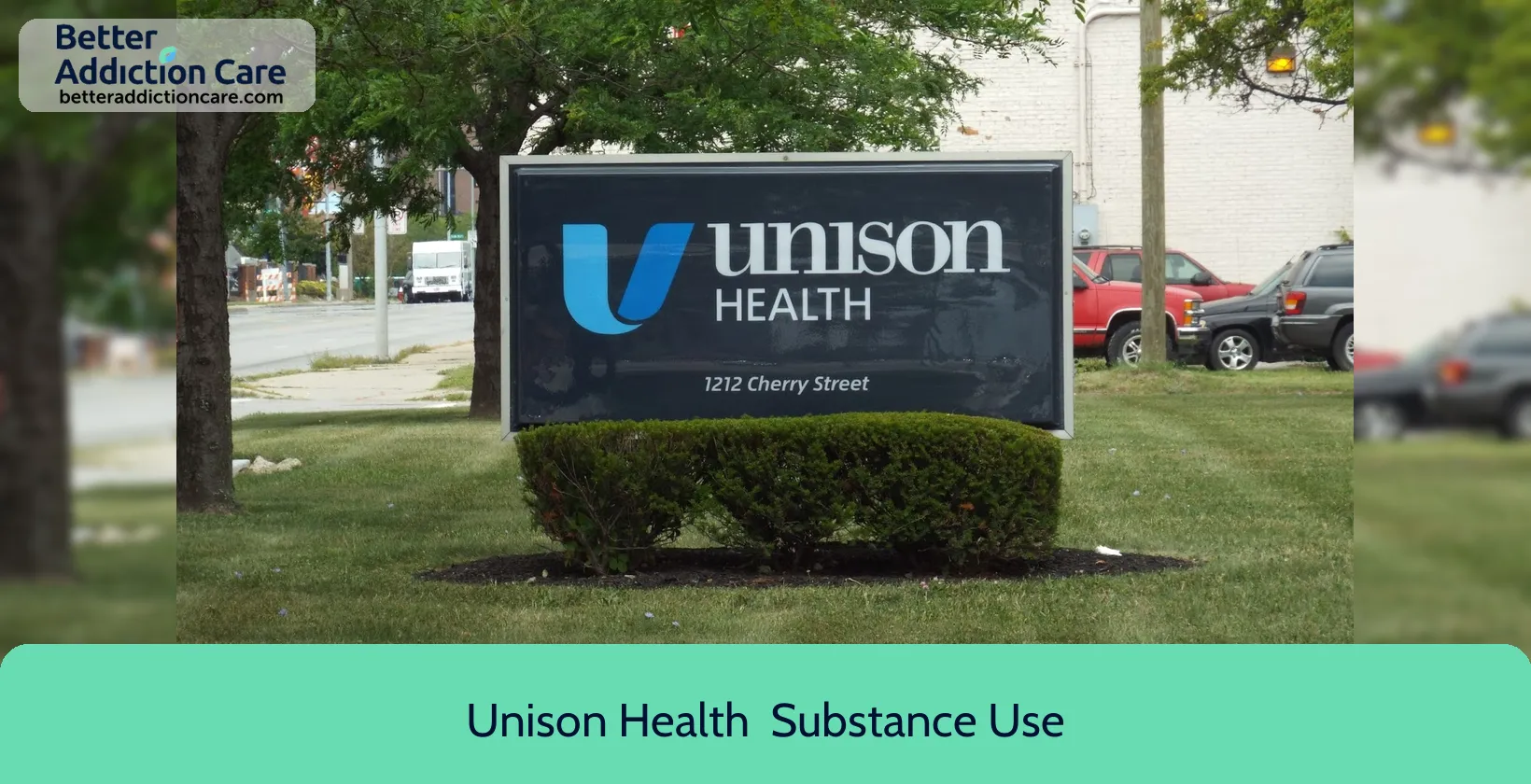
7.36
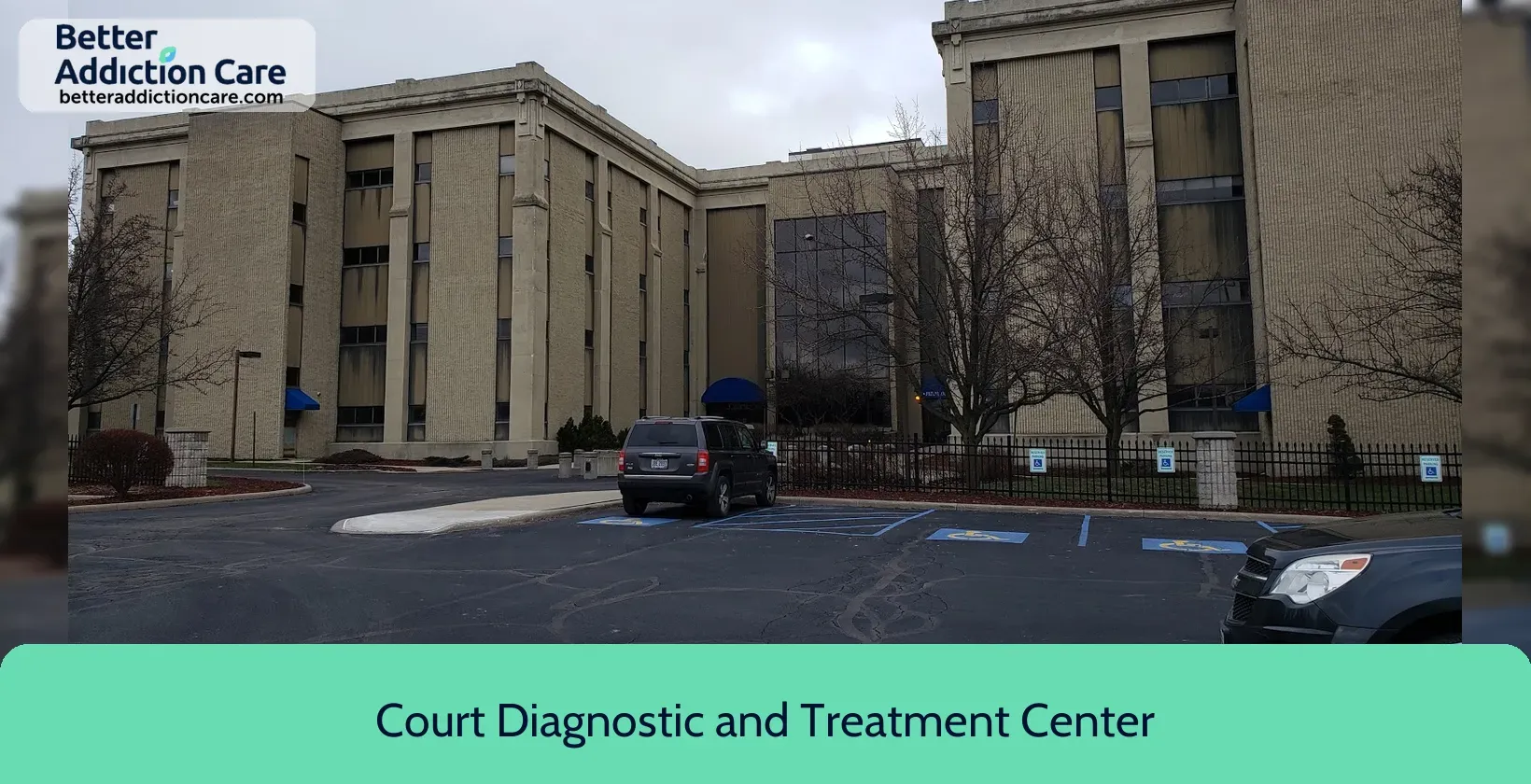
6.71
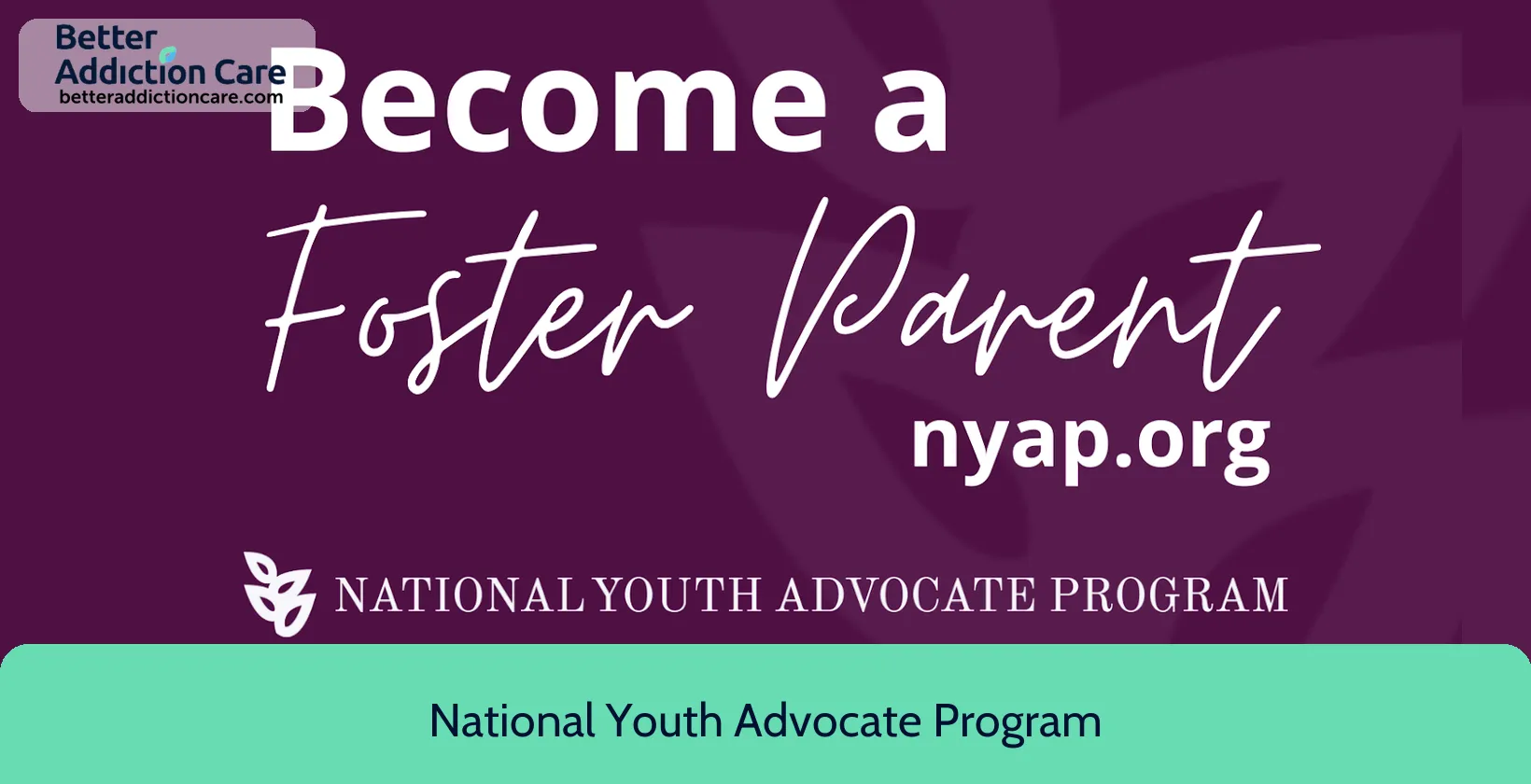
6.71
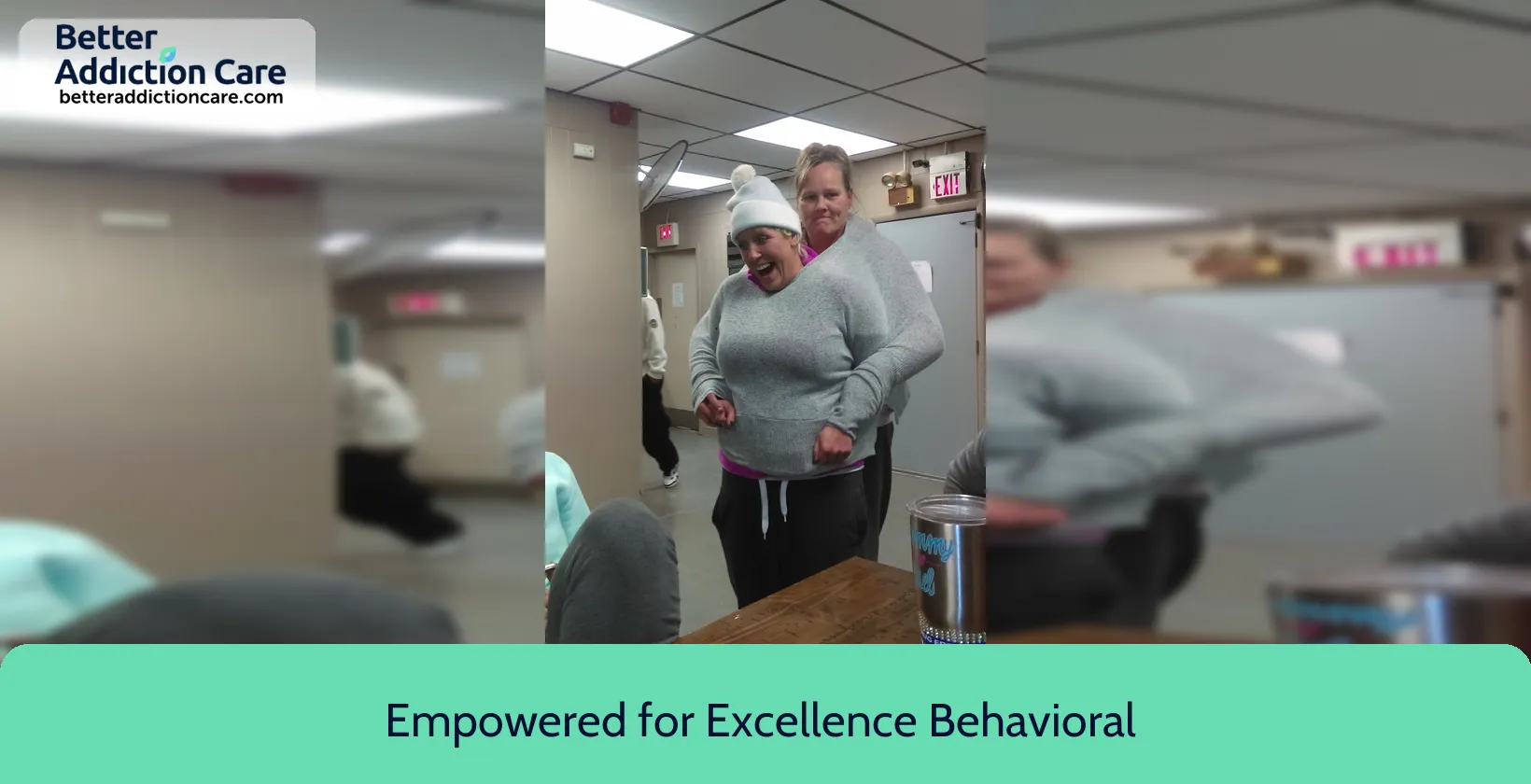
7.26
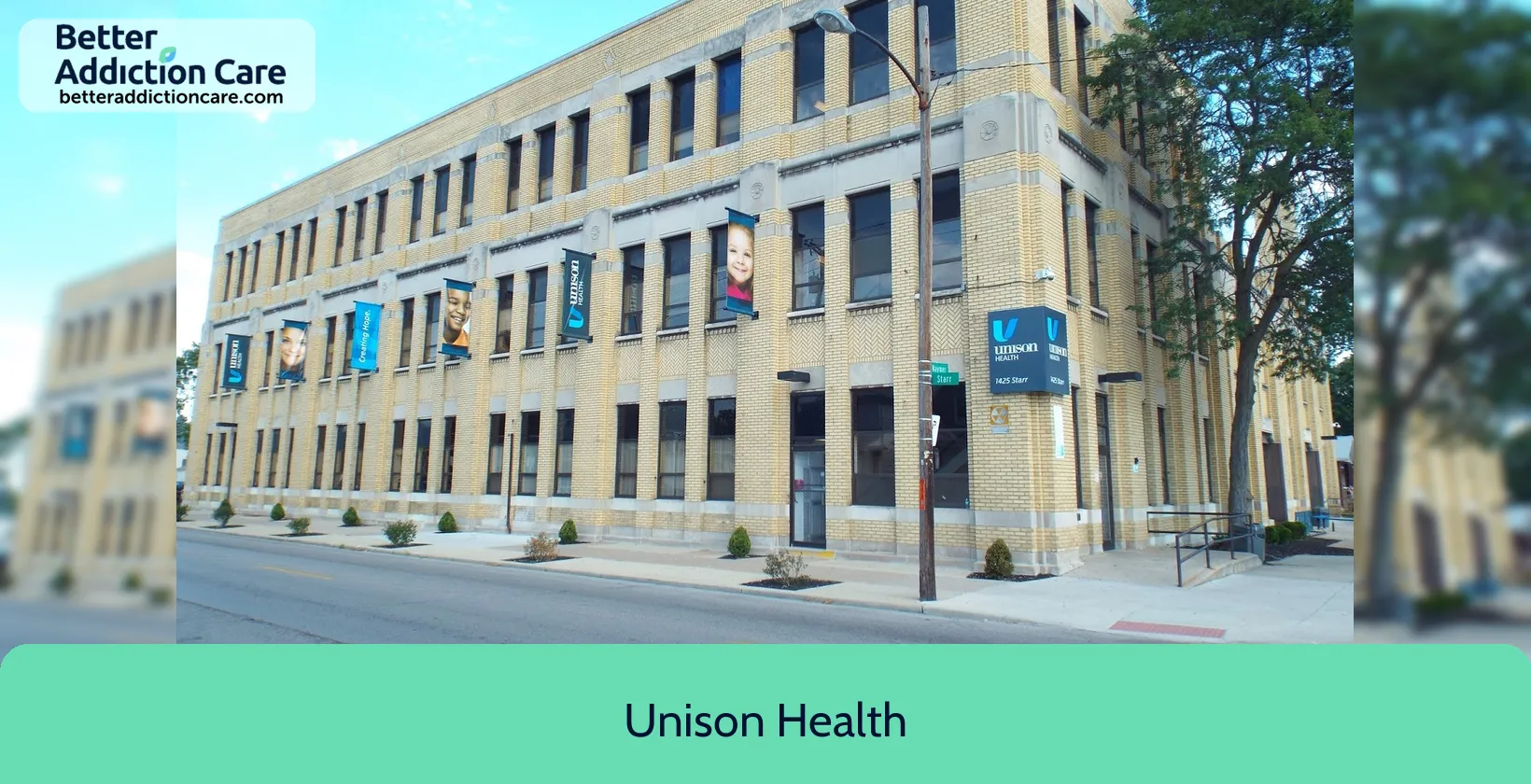
7.09
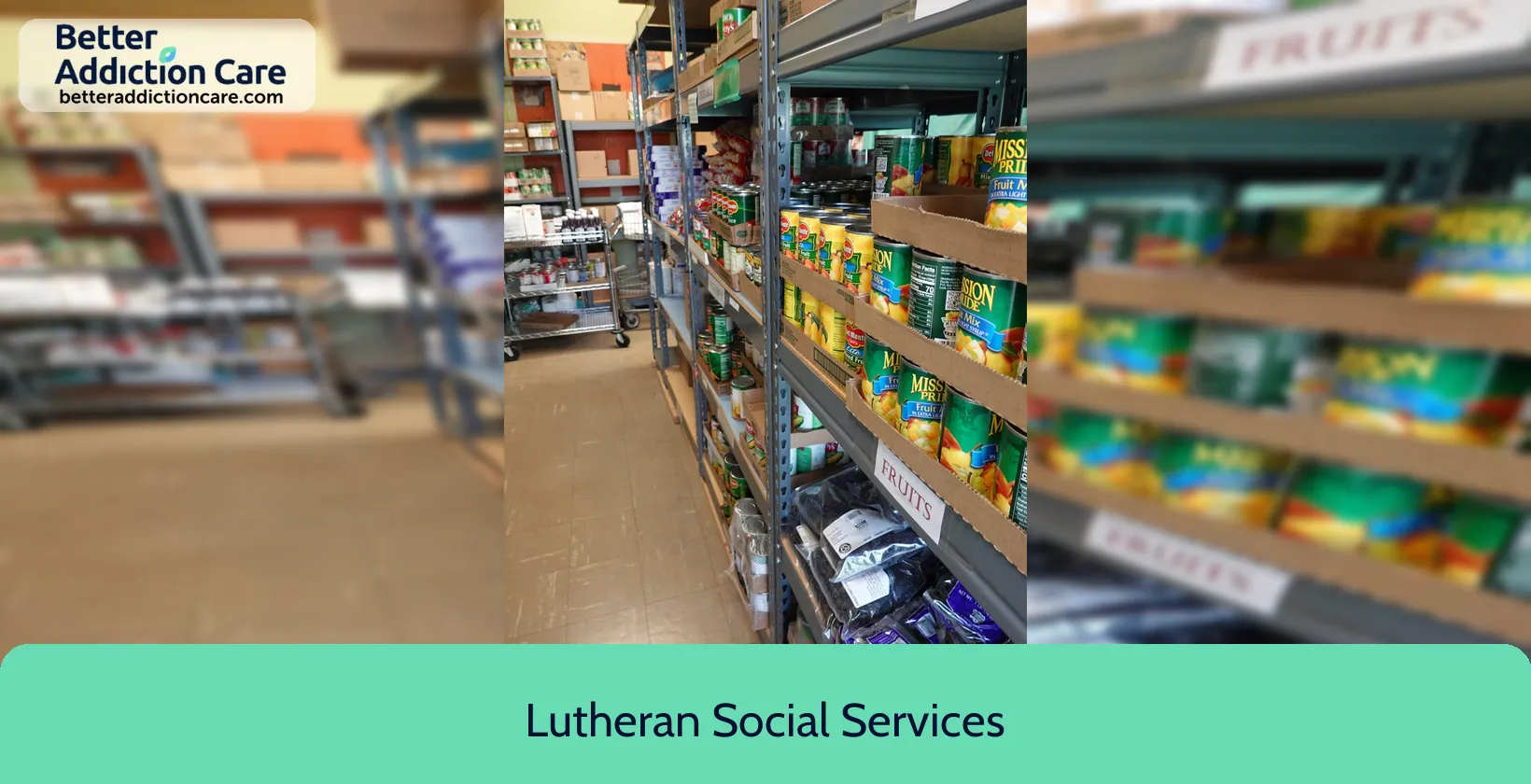
6.68
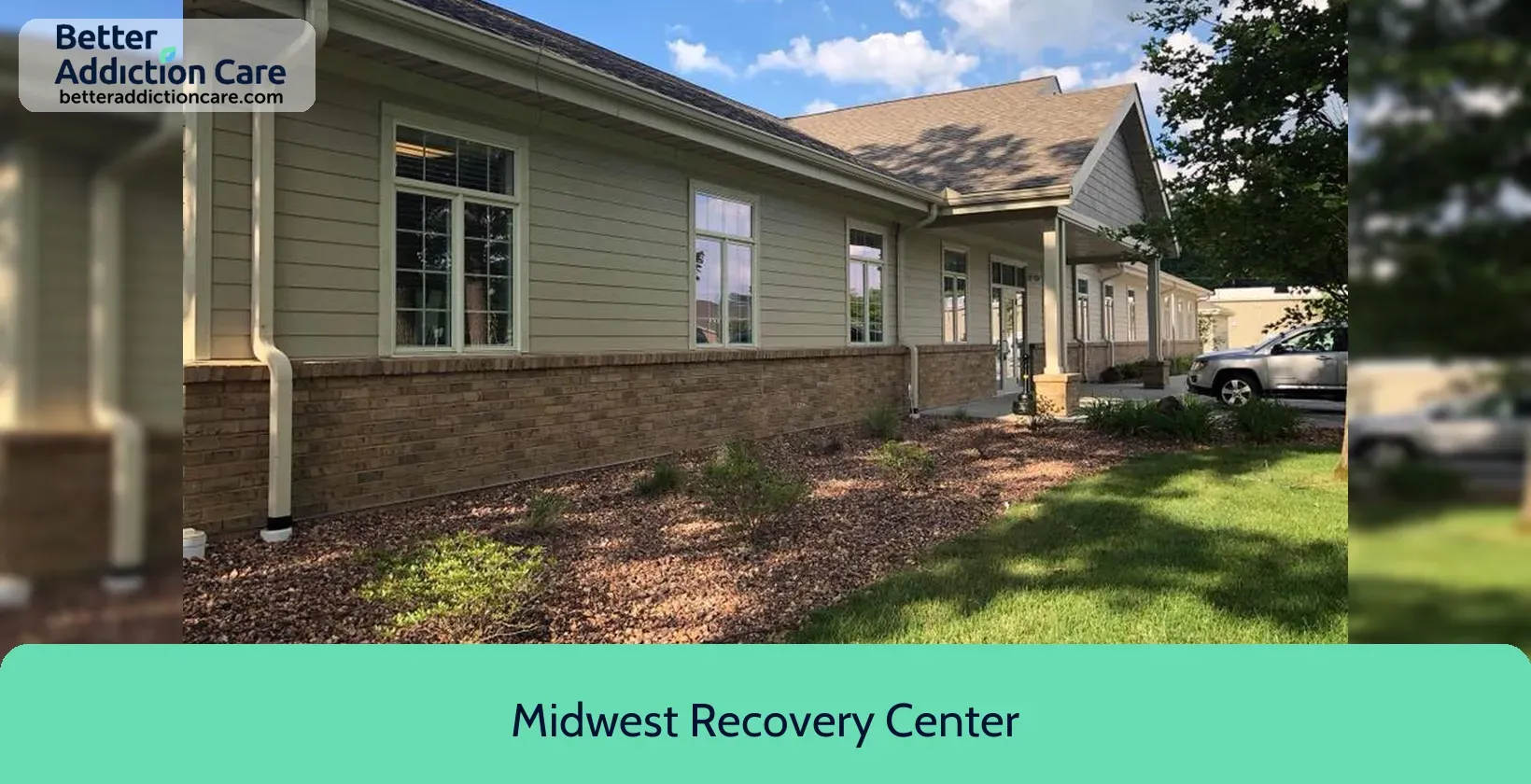
6.68
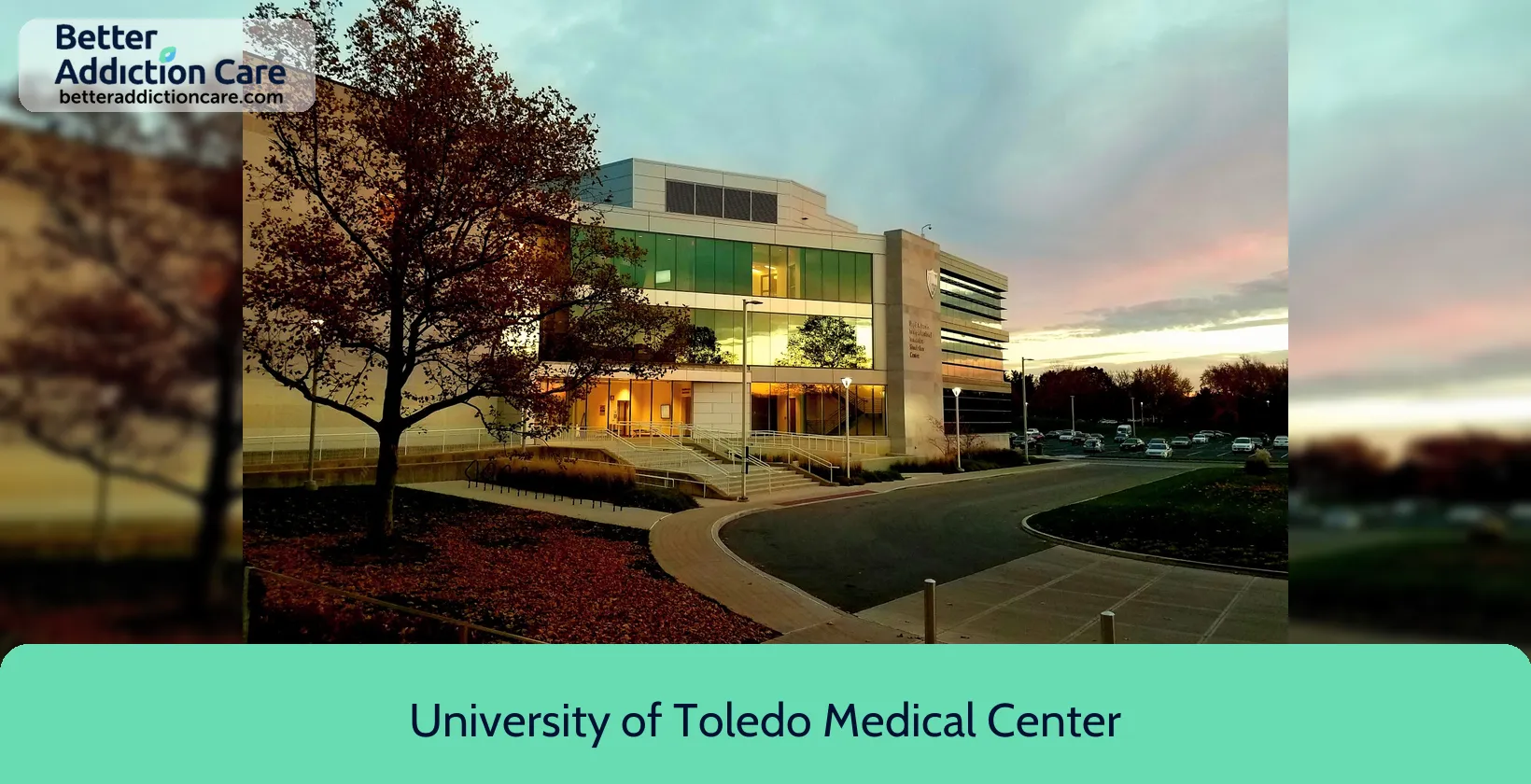
6.83
DISCLAIMER: The facility name, logo and brand are the property and registered trademarks of University of Toledo Medical Center - Behavioral Health Unit, and are being used for identification and informational purposes only. Use of these names, logos and brands shall not imply endorsement. BetterAddictionCare.com is not affiliated with or sponsored by University of Toledo Medical Center - Behavioral Health Unit.

